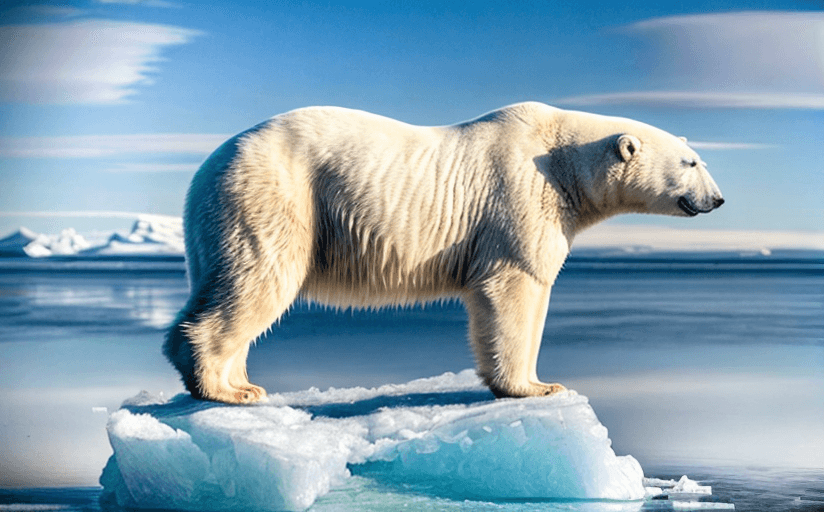The Impact of Climate Change on Global Biodiversity
Climate change has had a drastic impact on global biodiversity, leaving some species endangered and others extinct. In this article, we will explore the various ways climate change has altered animal, plant, and marine life and how the changes could affect future generations. We will also consider the role humans have played in creating this situation and what steps could be taken to help mitigate the effect of climate change on global biodiversity.
The Effects of Climate Change on Animals
One of the most significant effects of climate change on global biodiversity is the displacement of animals. Many species are being forced to migrate north or to higher altitudes in search of more suitable climates. This has resulted in the encroachment of certain species into habitats they previously did not inhabit, leading to competition for resources and habitat destruction. In addition, the warming of the planet has caused changes in the breeding and migratory patterns of animals, leading to a decrease in the population of some species.
The Effects of Climate Change on Plants
In addition to the effects on animals, climate change has also had a significant impact on plant life. As temperatures rise, certain plants are unable to survive in their traditional habitats and are forced to move to new areas. This can lead to a decrease in the amount of available food for animals and a decrease in the overall diversity of plants in the area. Additionally, changes in precipitation levels can affect the water availability for certain plants, leading to a decrease in their populations.
The Effects of Climate Change on Marine Life
Marine life is also being affected by climate change. Warmer temperatures are causing coral reefs to bleach, leading to a decrease in the amount of habitat available for many species. Changes in ocean currents are also disrupting the migratory patterns of certain species, leading to a decrease in the populations of some species. Additionally, ocean acidification is making it more difficult for certain species to survive, leading to a decrease in overall marine biodiversity.
The Role of Humans in Climate Change
Humans are largely responsible for the current situation of climate change. The burning of fossil fuels and deforestation are the primary causes of climate change, and humans are largely to blame for these activities. In addition, humans have also caused habitat destruction and overfishing, which have further contributed to the decrease in global biodiversity.
Steps to Mitigate the Effects of Climate Change
In order to help mitigate the effects of climate change on global biodiversity, there are several steps that can be taken. One of the most important is reducing the emissions of greenhouse gases, which are responsible for the warming of the planet. Additionally, the protection of natural habitats and the reduction of overfishing are also important steps in helping to preserve global biodiversity.
Conclusion
Climate change has had a drastic impact on global biodiversity, leading to the displacement of animals, the destruction of plant habitats, and the disruption of marine life. Humans are largely responsible for this situation, and it is important that steps are taken to mitigate the effects of climate change. By reducing emissions, protecting natural habitats, and reducing overfishing, we can help to preserve global biodiversity and ensure that future generations are able to enjoy the same level of biodiversity that we do today.


















Comments
Leave a Comment